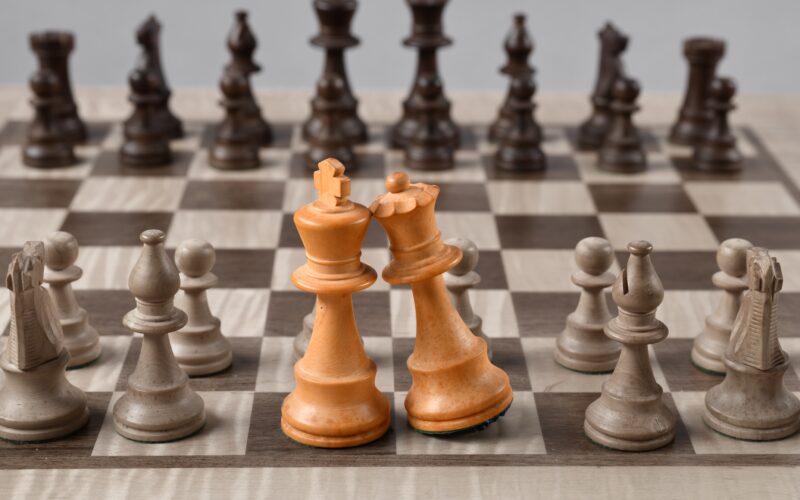Playing chess is attributed to a stereotype of increased mental fitness, but how true is this perception? Is chess a tool that bolsters mental fitness, or is it just a regular game? We’ll talk about some research into this subject and dissect some common criticisms about chess’s role in mental fitness.
The Mental Mechanics of Chess
Due to the nature of the game, chess stimulates the following areas of mental activity:
- Focus
- Calculation depth
- Intuition/Creativity
- Memory
- Stamina
We will now look at how chess influences each of these mental mechanics.
Focus
In a game with over a dozen pieces to start and proceed with for a considerable period, the demand for focus on each piece activity increases. Failure to focus on piece and overall board activity will inevitably lead to exploiting loopholes in a player’s setup.
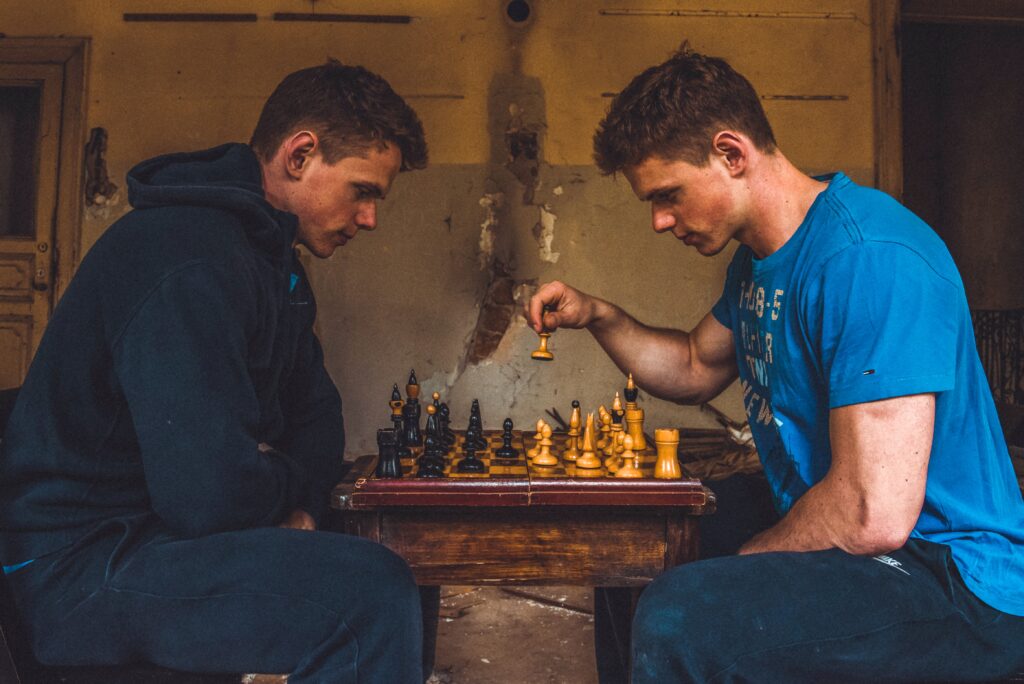
For instance, if White plays 1.b3 and then Be2, this Fianchettoed bishop must remain in Black’s mind for as long as it remains a diagonal threat. In a case whereby Black forgets about the fianchettoed bishop, game-defining repercussions could follow, like losing a rook. You can study all the nuances of chess on the website for chess players and enthusiasts.
Calculation depth
Undivided focus leads to depth, emphasizing the metaphor, “drowning in thoughts”—with “drowning” indicating depth. Therefore, the ability to calculate deeply, in this case, mentally visualizing many moves ahead, is a major mental mechanic of chess.
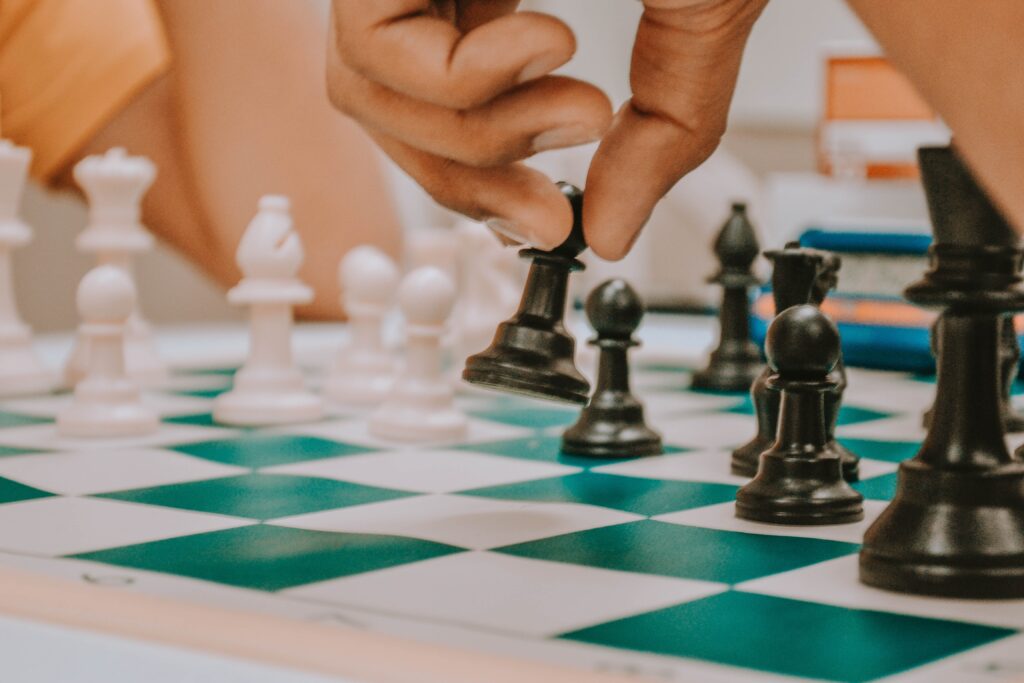
This ability is most prominent in the best of players, humans and alike because it presents a major advantage to have a wide scope of moves your opponent could play.
Intuition/Creativity
Intuition is the ability to observe positions and see opportunities for improvement. This mechanic is arguably the most difficult skill to attain and is trained over time through persistence and sheer passion.
It’s also worth noting that intuition largely depends on the mental circumstances at a given time, so we find that Magnus Carlsen only sometimes wins against opponents he has defeated in the past.
Memory
This mechanic is closely related to focus because, with a high level of focus, memory can come into play to recollect the activities happening across the board. Memory also aids pattern recognition, as this mechanic helps us to avoid the mistakes we made in previous games.
Stamina
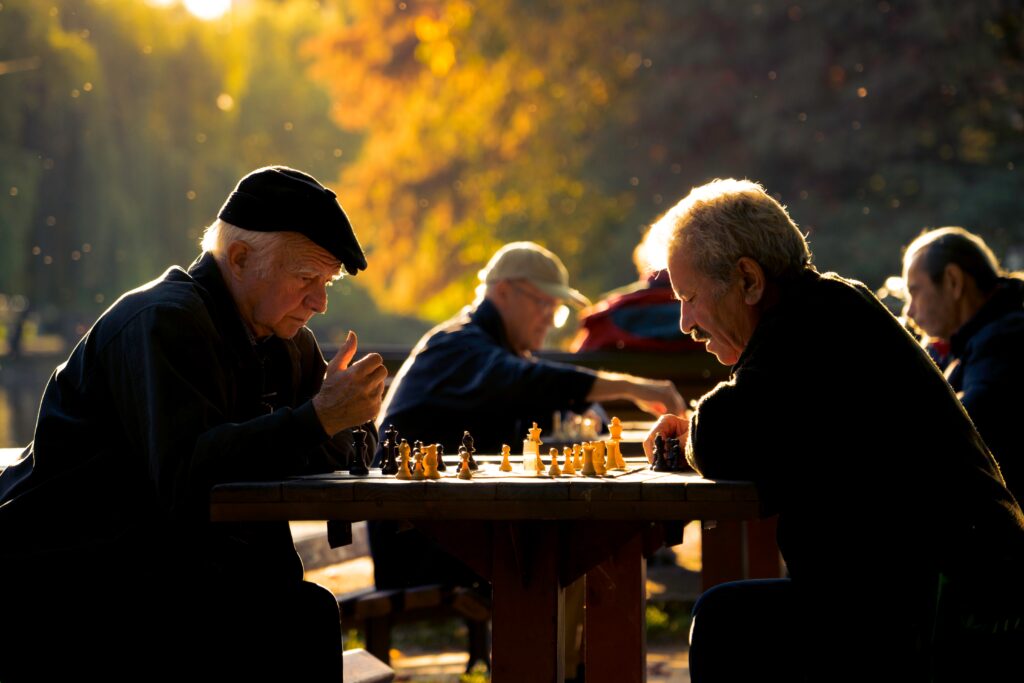
Most people today can only focus on an activity for a few hours without tiring. Chess trains stamina through classical chess, where players sometimes sit for up to 5 hours on a game. These players must retain enough strength to see the game to the end, lest they carelessly relinquish the efforts leading to the latter stages.
Scientific Studies and Evidence
Barbara Sahakian, a neuroscience professor at the University of Cambridge, says that chess players become fast thinkers, particularly those who play competitively in leagues and tournaments.
“Chess games are good for the brain as they require concentration, working memory, planning, and problem-solving,” she says. “Therefore, they activate the brain regions involved in those cognitive processes. This is like a brain workout but also means you get better in those forms of cognition.”
In the same vein, chess has been proven to boost mental health and prevent clinical ailments like Alzheimer’s Disease, which is a degenerative disease of the brain. A medical journal published by JAMA Network Open stated that chess players are 11% less likely to develop the condition.
Challenges and Criticisms
A lack of awareness is a major challenge in chess’s impact on mental fitness, first, on mental health importance, and then on the part of chess being acknowledged for its mental health benefits.
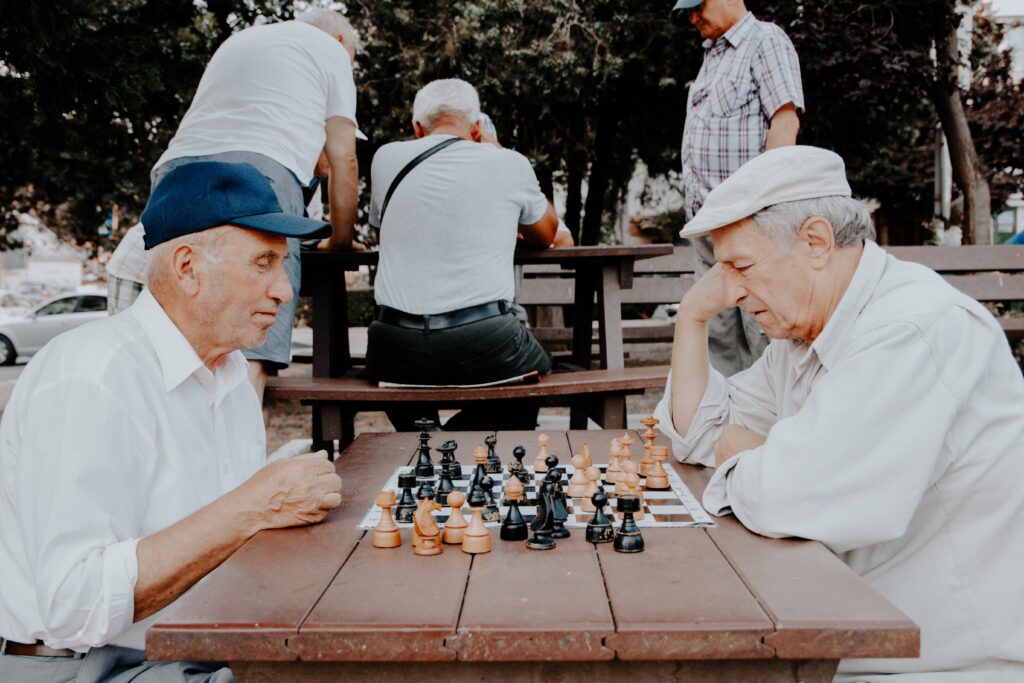
Also, while some might acknowledge the mental health benefits of chess, too many still think of it as merely a game or pastime, nothing more.
Thoughts
Every chess player has a role in spreading the word about chess and maintaining a sound mind. We can accomplish this mission by increasing the appeal of chess to neutrals-play chess, intriguingly speaking of chess, and contributing to and promoting chess. Besides widening the field and increasing the competition to make chess more fun, you’re also bolstering their mental fitness in the long run.




